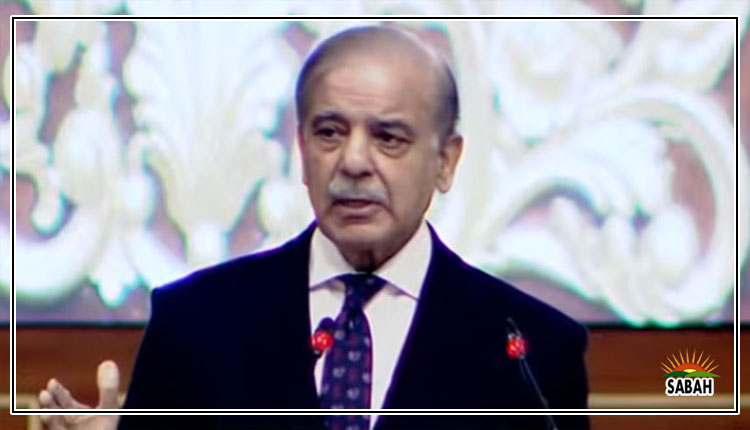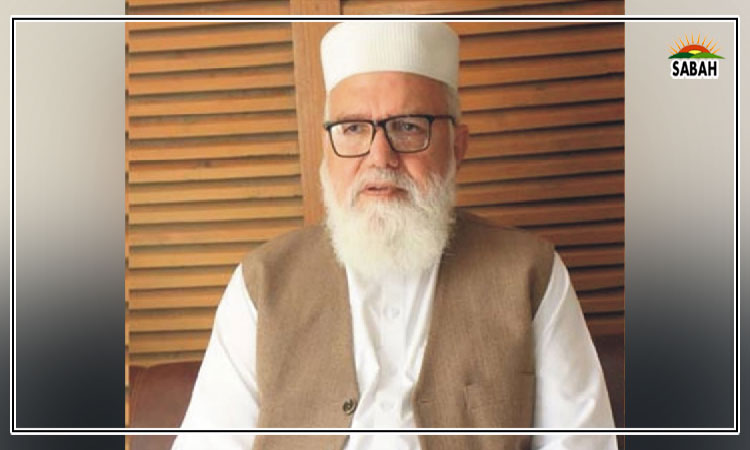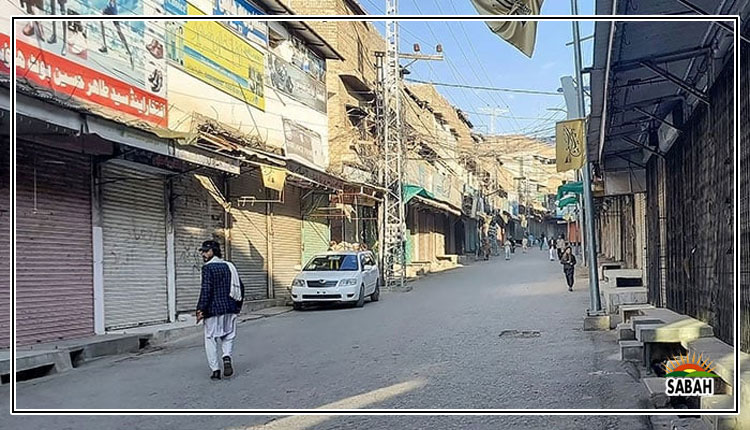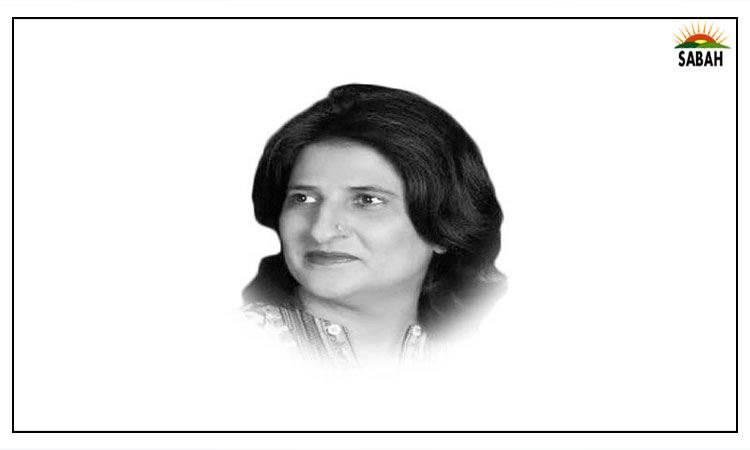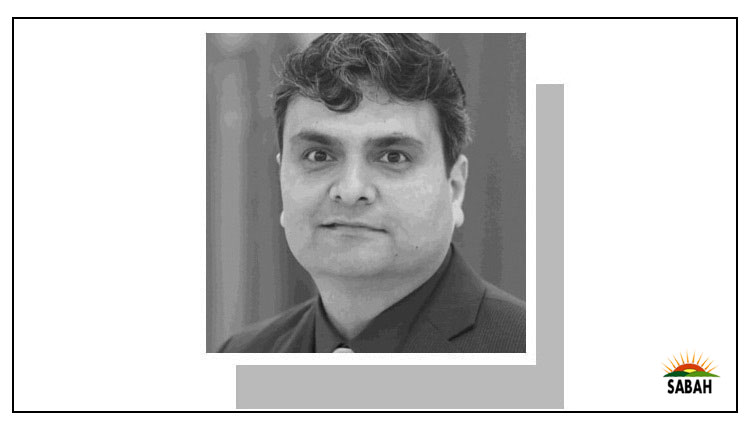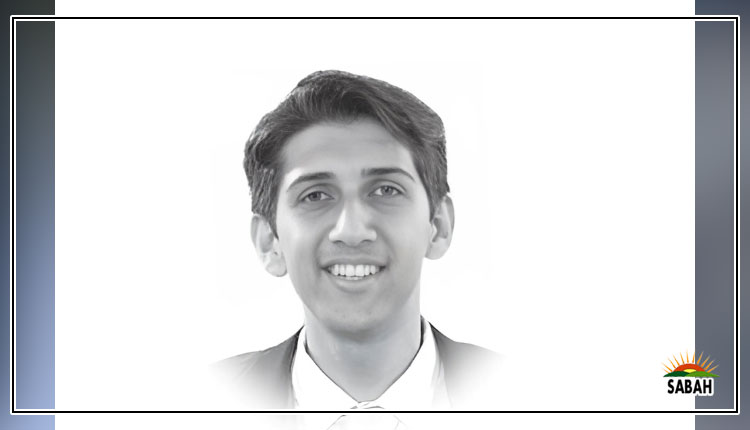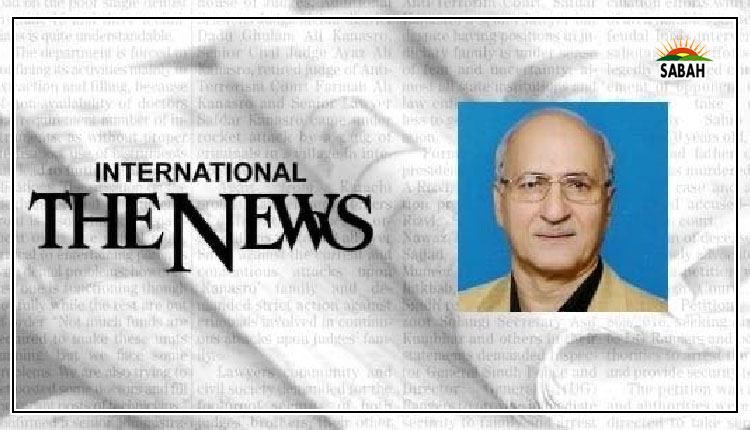Whither Pakistan?…. M Saeed Khalid
The din of our fledgling democracy has crossed the limits allowed by reason and decency, but there is no sign of de-escalation in the persistent verbal violence.
The PDMs coalition government at the centre is about to complete nine months in office, which is a reasonable period of time to assess its performance. Expectations from the experienced team to steer the economy toward a path of growth have remained unfulfilled.
Economic growth and exports have declined in the face of soaring energy prices and the destruction of vast areas by unprecedented floods. PTI chairperson Imran Khan believes that the country is heading for disaster if the present government is not sent packing, followed by fresh elections irrespective of the National Assemblys five-year term.
The no-holds-barred power game between the ruling coalition and the PTI is devoid of any constructive proposals. It is time the two sides talked about their election manifestos and put an end to the ongoing brawl that is making people tired of their party leaders. PTI sources claim that they have drawn plans to pull Pakistan from the present economic mess, but those cannot be made public at this stage.
How can the PTI succeed where the present government has failed to reduce rampant inflation and reverse an economic downturn caused by a global economic slump rather than national precursors? Until Imran Khan comes up with a credible plan to improve the living conditions of the countrys 220 million people, his mediatic hype will meet the law of diminishing returns. He seems to be unaware of the backlash that can be caused by overexposure, particularly when he has nothing new to say.
Khans insistence on early elections as a panacea reminds us of his earlier promises to build five million homes and provide 10 million jobs. It would be reasonable to expect his team to work harder and spell out how they plan to tackle the problems of inflation and the current economic downturn, which are closely linked to global trends.
This is not to say that the coalition in power at the centre has presented any credible plan for improving the economy. Its main preoccupation is how to stall a sovereign default that is staring the economic managers in their faces. The difficulties the government is facing in enhancing foreign exchange reserves indicate that our traditional sources of bailout have become tight-fisted at a time when the list of countries facing imminent default is getting longer. Fears of an economic meltdown have exposed the weaknesses of a system that is unprepared to meet the challenges lying ahead.
The political arena increasingly looks like a circus of the absurd. Truth is no longer relevant as party politics is more a competition of decibels. It seems that the phrase all is fair in love and war is also applicable to our party politics. The president who is a symbolic head of the federation is working to find a middle ground to reach a workable solution, but he has no constitutional powers to enforce one.
The no-holds-barred attitude of the political gladiators is leading to instability that in turn permeates into other spheres, most notably the countrys economy. However, no one seems to understand the urgent need of belt tightening to reduce imports. The export sector has suffered from low demand in a global cycle of inflation and recession.
Energy conservation in these times of unbearable energy costs has not received sufficient public focus. The governments proposals to save energy have been ridiculed by the PTI that governs Punjab and Khyber Pakhtunkhwa; the party could instead support a national campaign to reduce fuel consumption. Are they unaware of the atmospheric pollution that has resulted in Lahore becoming the most polluted city on earth?
While on a visit to Germany many years ago, I noted their practice of closing the markets by 6pm. In general, developed countries begin their day early and close by the evening. Closing commercial activities by 8pm may sound revolutionary in a society that increasingly opens stores by 11am and wants to enjoy shopping till midnight.
The Punjab government should be the first to bring some discipline to commercial centres to save energy and reduce vehicular pollution. And why should this task be accomplished by political bosses and not by the civil service, notably the police with the help of deputy commissioners and local bodies? Let them start by coordinating with business leaders to close shops by 10pm for a start and proceed further depending on the results.
A nation rises or falls as a whole. When governance slides down in quality, its deleterious effects are felt across the board. Take the performance of our sportspersons. All the attention was on cricket for so many years at the cost of deteriorating standards in hockey, football and athletics. Too much politics and the clash of personal interests have badly damaged sports activities.
Pakistans defeat in all three tests at the hands of England and that too on home ground has shocked the nation. It would appear that it is not only the organizational aspects which need an overhaul but sportspersons are also lacking badly in physical and mental fitness. A new approach is required to place less emphasis on large payments to athletes and more on their grooming and nourishment to reach the required levels of toughness.
To conclude, media management is no substitute to hard work. And verbal volleys cannot replace sincere efforts to achieve tangible results. Is that too much to ask for?
The writer can be reached at: saeed.saeedk@gmail.com
Courtesy The News


